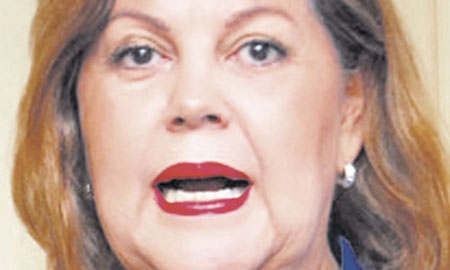How much of Costa Rica's official policy is geared towards converting the country into an information-based society, and how has the country gained to date?One of the most important things that Costa Rica has as a country is that it has had the fortune to have visionary leaders, political leaders that have a vision and contact with the outside world and that understand the fundamental phenomena of the country.
In 1988, during the first administration of President Arias, we made a very strong effort to bring digital technology to large groups of the young population. That was an investment with a very clear vision that we were facing a technological revolution and that the country had to prepare its youth to be able to take advantage of this great opportunity.
At first people thought we had gone crazy, to make such a large investment and concentrating on children from pre-school age through sixth grade, with the goal of educating them from an early age to know how to make good use of technology in an active way. This was an enormous investment that completely changed the panorama in this country. Our goal was to move from being a completely agricultural country to one based on technology, and I'm convinced that we’re doing it.
‘OUR GOAL WAS TO MOVE FROM BEING A COMPLETELY AGRICULTURAL COUNTRY TO ONE BASED ON TECHNOLOGY, AND I’M CONVINCED THAT WE’RE DOING IT’
CLOTILDE FONSECA, Minister of Science and Technology
|
President Chinchilla has said she wants to improve productivity and competitiveness in the use of technology. What areas will receive the most attention from your ministry to improve the competitiveness and the skills of Costa Ricans in the use of digital technology?Productive capacity depends directly on people, and that’s why Mrs. Chinchilla is committed to a strong emphasis on different areas of innovation. We’re working on that in the areas of education, in the form of computer classes, and also through training focused on companies.
During our first month in office we worked intensely on setting up national priorities. We did it with the support of numerous influential people and organizations in the areas of science and technology, because in this government we believe that no political decisions should be made in an isolated way.
Do you think the United States and Costa Rica can benefit from its bilateral relations in areas such as aerospace?Of course, bilaterally and multilaterally. Right now at the ministry we’re in contact with NASA groups in Washington that are working on a cooperative project for the peaceful uses of space science.
We know we’re a small country, but one whose citizens have great potential, and we’re working to strengthen teaching in math and science to build up a critical mass that can work in those industries.

0 COMMENTS